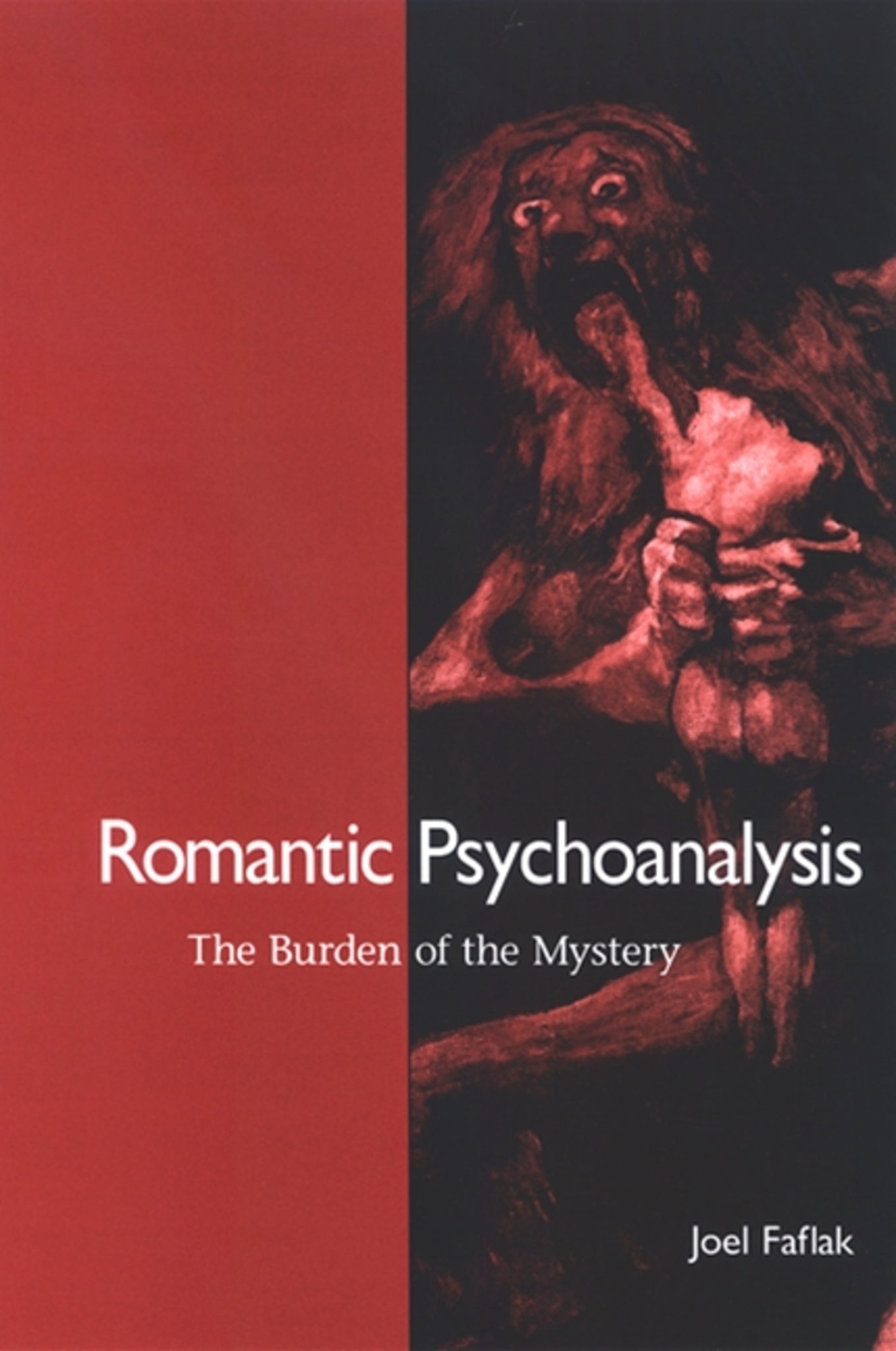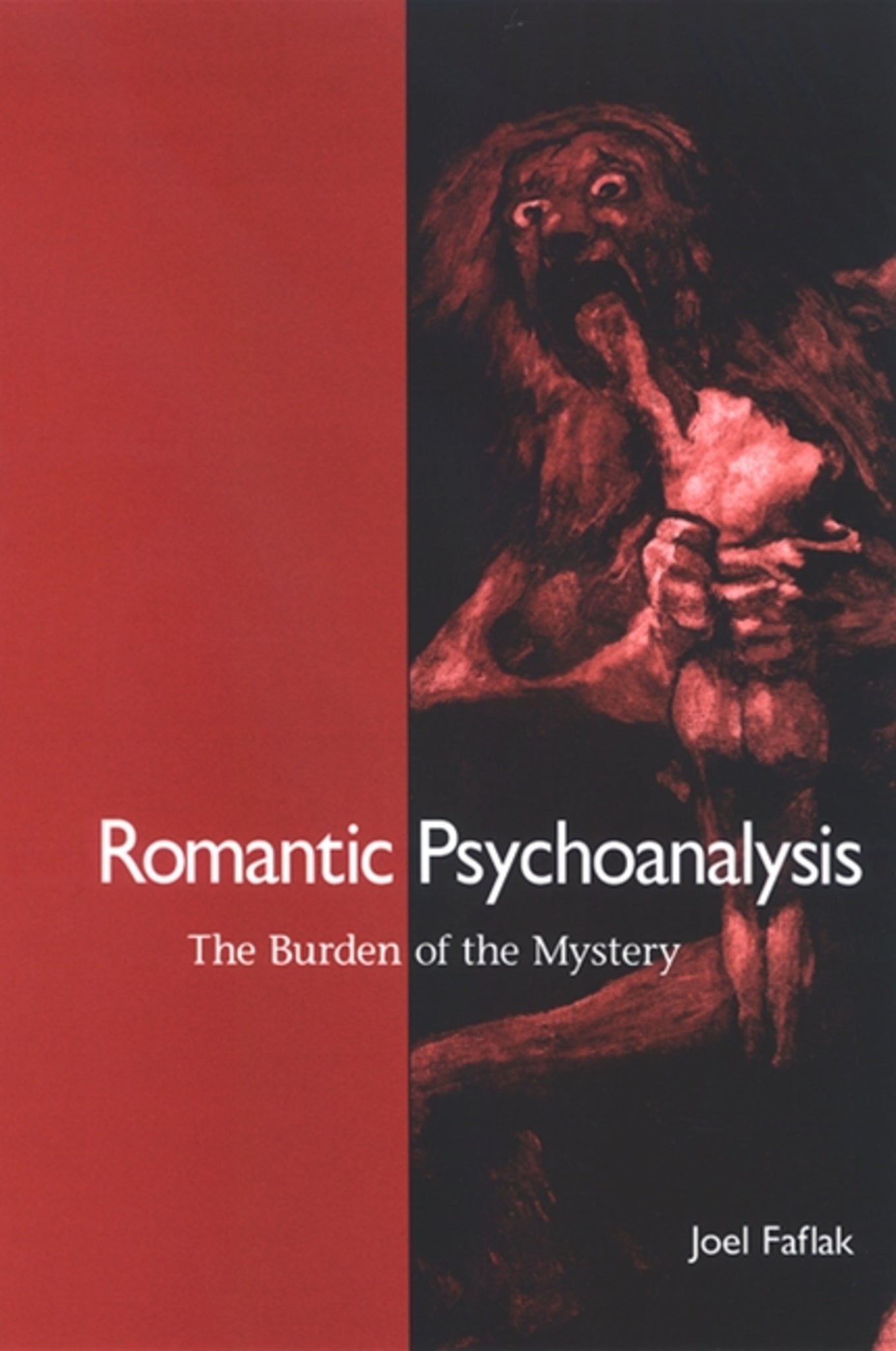We're sorry. An error has occurred
Please cancel or retry.
Romantic Psychoanalysis

Some error occured while loading the Quick View. Please close the Quick View and try reloading the page.
Couldn't load pickup availability
- Format:
-
08 January 2009

How the Romantics invented psychoanalysis in advance of Freud.
In this provocative work, Joel Faflak argues that Romanticism, particularly British Romantic poetry, invents psychoanalysis in advance of Freud. The Romantic period has long been treated as a time of incipient psychological exploration anticipating more sophisticated discoveries in the science of the mind. Romantic Psychoanalysis challenges this assumption by treating psychoanalysis in the Romantic period as a discovery unto itself, a way of taking Freud back to his future. Reading Romantic literature against eighteenth- and nineteenth-century philosophy, Faflak contends that Romantic poetry and prose-including works by Coleridge, De Quincey, Keats, and Wordsworth-remind a later psychoanalysis of its fundamental matrix in phantasy and thus of its profoundly literary nature.


"…Faflak's book is one that must be reckoned with. The range is impressive … Few critics write about literature and theory with equal authority. Few theorists read literature and find the nuances that Faflak continually does. That he is able to breathe new life into a method—psychoanalysis—that has had its day in Romantic criticism is alone a signal accomplishment." — The Wordsworth Circle
"…a book that ought to attract substantial interest, not simply amongst Romanticists interested in psychoanalysis, but also amongst those interested in the literary basis of psychoanalysis." — The Year's Work in English Studies
"…unquestionably a worthy and innovative contribution to a growing body of criticism." — Byron Journal
"…a splendid, thought-provoking book…" — CHOICE
"Other Romanticists have produced psychoanalytic readings of British Romantic texts, and it's almost a truism to say that Romanticism 'anticipates' the insights of psychoanalysis, but no critic has made such a thorough, persuasive case for seeing the poetry as anticipating the psychoanalytic scene itself. Faflak's bold and original argument about Romanticism's 'invention' of psychoanalysis will command much interest." — Karen Swann, Williams College
Acknowledgments
Abbreviations
Introduction
1. The Psychology of the Romantic Subject
2. Analysis Terminable in Wordsworth
3. Analysis Terminable in Coleridge
4. De Quincey Terminable and Interminable
5. Keats and the Burden of Interminability
Notes
Bibliography
Index



